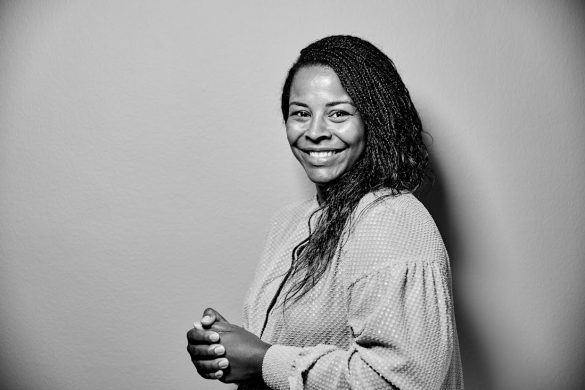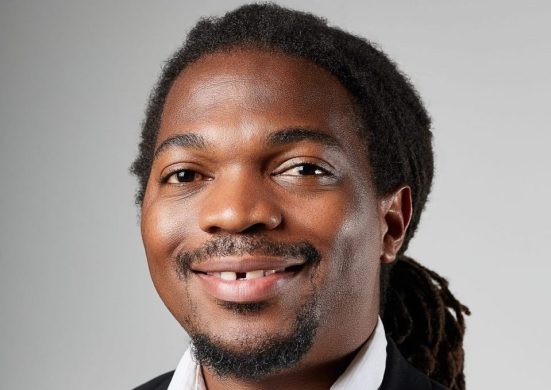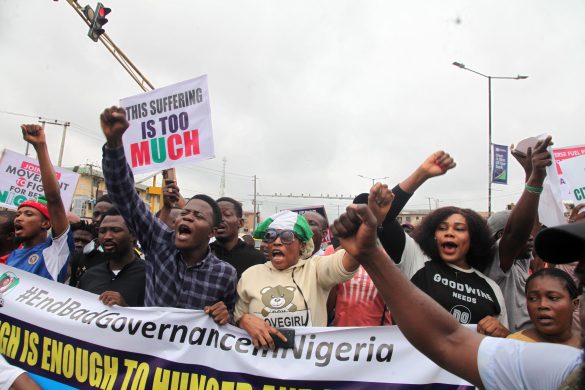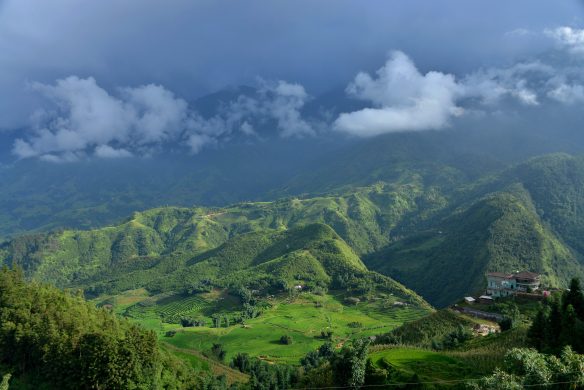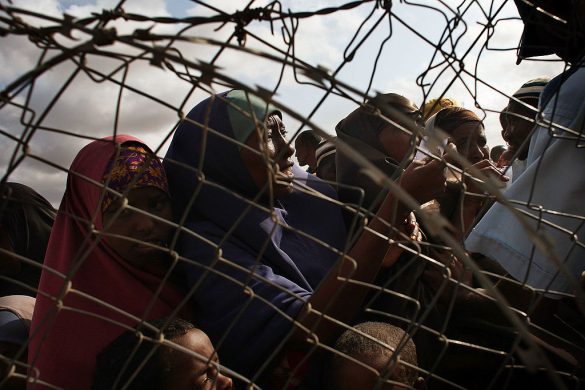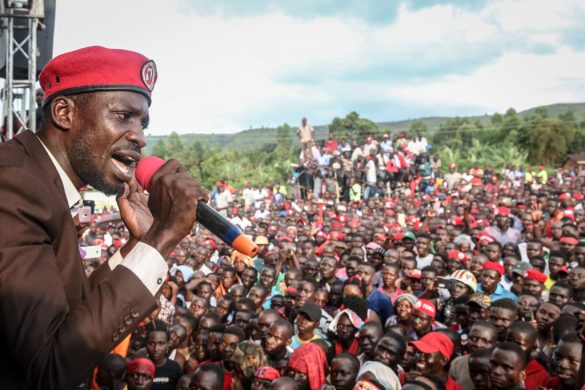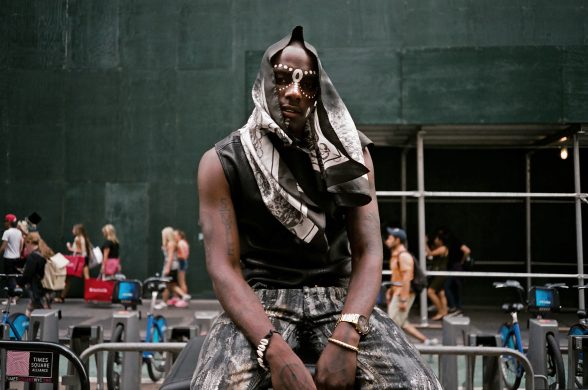De mange parter i borgerkrigen i den østlige del af DR Congo fortsætter ufortrødent deres kampe. I løbet af de seneste uger har Uganda modtaget 66.000 congolesiske flygtninge. 37.000 af dem er børn rapporterer Unicef.
GOMA, 2 August 2013 (UNICEF): Recent violence near the town of Kamango in the eastern Democratic Republic of the Congo, has forced more than 66,000 Congolese, approximately 55 per cent of whom are children, to seek refuge in neighbouring Uganda. Refugees began streaming into Uganda’s Bubanbdi sub-county following an 11 July attack on Kamango town by rebel forces.
Many of the refugee children have recounted chaotic scenes of armed attacks in the middle of the night, causing widespread panic and individual family members to flee in different directions to avoid being killed. Some children were separated from their parents and siblings amid the confusion, making their own way to the Ugandan border.
At least 37,037 refugee children have been registered by the Ugandan Red Cross; of these, 122 are unaccompanied minors who have been separated from their families as a result of the violence. Some 63 unaccompanied minors have so far been reunited with a family member.
In Uganda, UNICEF is responding to the immediate needs of Congolese refugee children, distributing school in a box kits and supporting the resumption of classes in schools previously housing refugees, setting up child-friendly spaces, providing health supplies including those needed to establish children and women’s wards, as well as vaccines and life-saving supplies, and providing water, sanitation and hygiene support.
DRC is a party to all major international treaties related to child protection, including the Convention on the Rights of the Child, the two optional protocols and the Paris Principles. In 2012, the Government and its partners signed a joint Action Plan to end the recruitment and abuse of children by armed forces and police. Yet, according to the 2013 report of the UN Secretary-General, in 2012, 272 children were recruited, 158 suffered sexual abuse by parties to the conflict and 154 were killed or maimed.
In 2012, UNICEF and its partners assisted over 5,600 children formerly associated with armed forces and groups in DR Congo. They received temporary care, family reunification and socio-economic reintegration. More than 5,400 children received psychosocial support and medical care.
Today, humanitarian access is severely hampered in eastern DRC which makes it difficult for UNICEF and its partners to assist those who are most in need, in particular in North Kivu. Since 2011, 376 incidents of denial of humanitarian access have been documented and 113 schools and medical facilities were attacked by parties to the conflict. The trend is upward and UNICEF calls on all parties to ensure that children are protected against all forms of violence, exploitation and abuse.
UNICEF requires nearly US$7.5 million to continue its humanitarian support for Congolese refugee children in Uganda through the end of the year, while UNICEF still needs US$78 million for continued humanitarian operations in DRC itself.






